My husband and I have opposite views on dealing with social distancing.
I am trying to follow the advice from the Centers for Disease Control and Prevention and leave the house only when necessary. I have been to the grocery store, the pharmacy, and the gas station, and I have exercised outdoors. Other than that, I have stayed home.
My husband, who works in public safety, feels that these social-distancing measures are too extreme, and he worries about the effects on people’s mental health and the economy.
He frequently goes to the hardware store, and has hung out with his friends on a few occasions.
My main concern is that we have two teenage sons, one who has asthma. My husband thinks it is okay for them to have friends over and has allowed our older son to have his girlfriend visit. Although I am not comfortable with this, I have left the decisions up to him because he works in public safety and I know he wouldn’t do anything to put our children at risk. I just struggle because this goes against everything that I have read (from credible sources such as the CDC and the NIH).

When we try to have a discussion about our opposing views, it turns into a fight. We have tried to communicate our sides to each other in emails but that hasn’t helped, as neither one of us is able to understand the other person’s view. This is causing tension in our home, and I don’t want to put any more stress on our relationship or our children. What can I do?
This, of course, is exactly what happens with many of our New Year’s intentions as well. You set a goal, or several (to meal prep, to make a green smoothie every morning, to finally freakin’ journal), and you keep it up for a while, but then the initial excitement of making a change fades and, well, it doesn’t stick—and this, in turn, often leads to feelings of stress, inadequacy, and downright annoyance with yourself.
Shelly Hughes’s typical day starts at 9 p.m. She’s used to not wanting to get out of bed and go to work
In a sense, he is. Hughes is a nursing-home aide in Washington State, and her patients are among the most vulnerable to COVID-19. Hughes’s work has always been intimate, and hard: She helps her patients use the bathroom, changes their incontinence products, and repositions her patients so that they don’t get bedsores. She comforts them when they are worried and unable to sleep. But now she’s responsible for keeping them—and herself—safe in spite of staffing and equipment shortages that put both patients and health-care workers at risk.
“It is physically demanding, and it’s emotionally taxing,” Hughes said. The 50-year-old has “pretty bad asthma” and an autoimmune disorder, but, like her mother, she feels called to care work.
I believe that if you show people the problems and you show them the solutions they will be moved to act.
BILL GATES – 2017
This, of course, is exactly what happens with many of our New Year’s intentions as well. You set a goal, or several (to meal prep, to make a green smoothie every morning, to finally freakin’ journal), and you keep it up for a while, but then the initial excitement of making a change fades and, well, it doesn’t stick—and this, in turn, often leads to feelings of stress, inadequacy, and downright annoyance with yourself.
Shelly Hughes’s typical day starts at 9 p.m. She’s used to not wanting to get out of bed and go to work
This, of course, is exactly what happens with many of our New Year’s intentions as well. You set a goal, or several (to meal prep, to make a green smoothie every morning, to finally freakin’ journal), and you keep it up for a while, but then the initial excitement of making a change fades and, well, it doesn’t stick—and this, in turn, often leads to feelings of stress, inadequacy, and downright annoyance with yourself.
This, of course, is exactly what happens with many of our New Year’s intentions as well. You set a goal, or several (to meal prep, to make a green smoothie every morning, to finally freakin’ journal), and you keep it up for a while, but then the initial excitement of making a change fades and, well, it doesn’t stick—and this, in turn, often leads to feelings of stress, inadequacy, and downright annoyance with yourself.
But before you go…
Social media can only get you so far… because real business growth comes from doing this one thing… taking consistent action on the right things at the right time.
And in my program — Live Your Message Lab — that’s exactly what you’ll do each month! Get the step-by-step actions you need to take to get real results plus the coaching, support, tools and community to make it happen!
I hope to see you inside Lab. 🙂
Love it? Hate it? Let me know...
-
This, of course, is exactly what happens with many of our New Year’s intentions as well. You set a goal, or several (to meal prep, to make a green smoothie every morning, to finally freakin’ journal), and you keep it up for a while, but then the initial excitement of making a change fades and, well, it doesn’t stick—and this, in turn, often leads to feelings of stress, inadequacy, and downright annoyance with yourself.

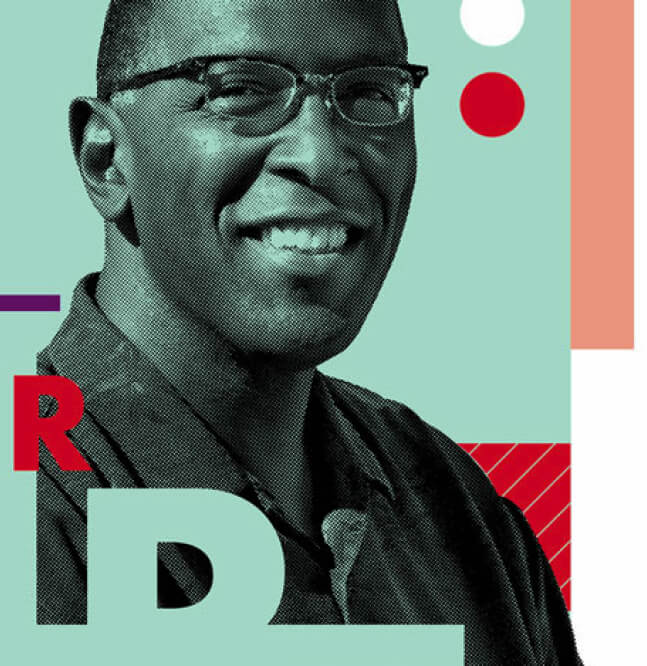
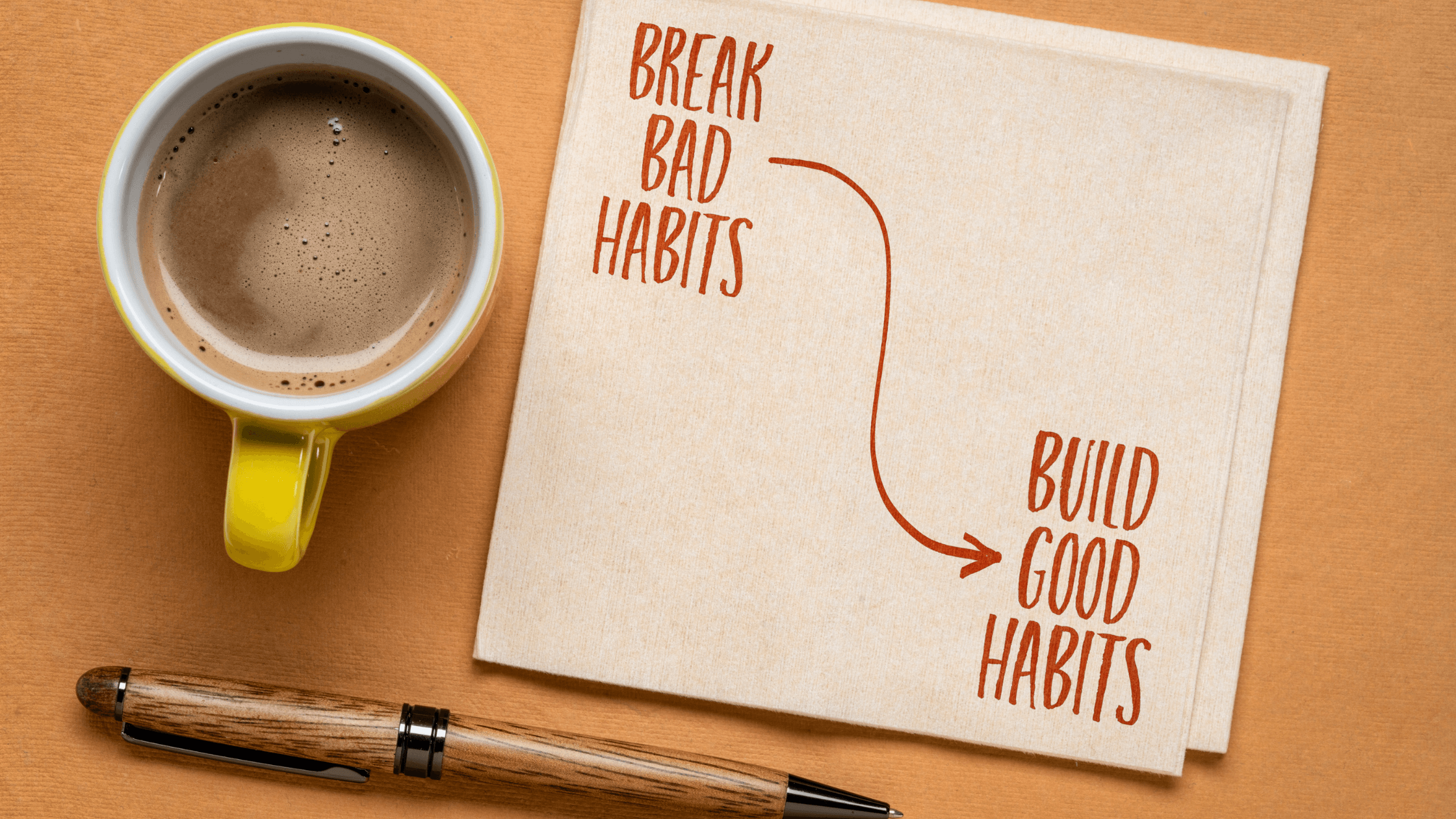

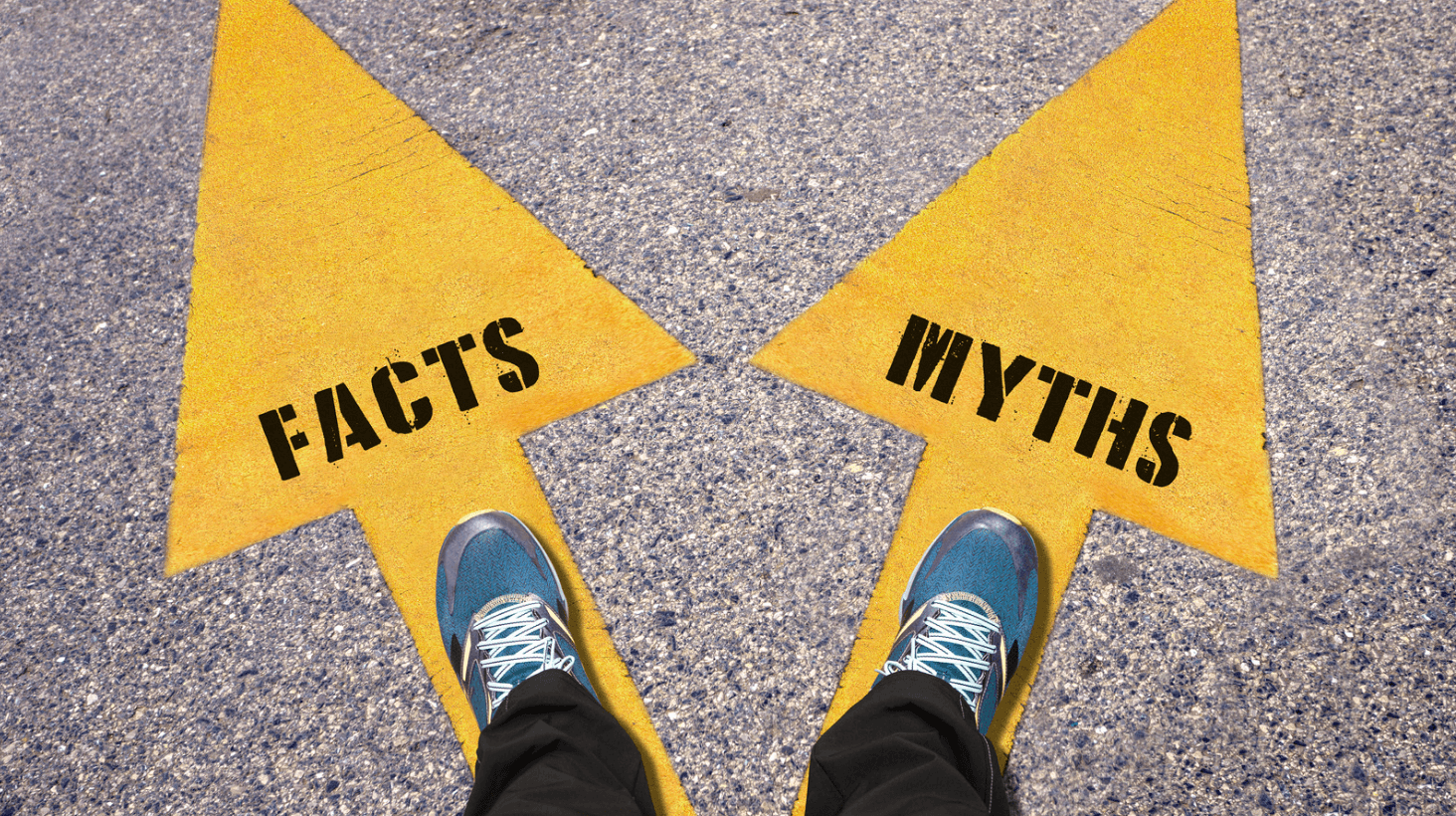












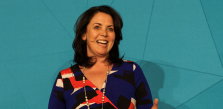






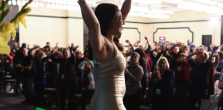

Leave a Comment